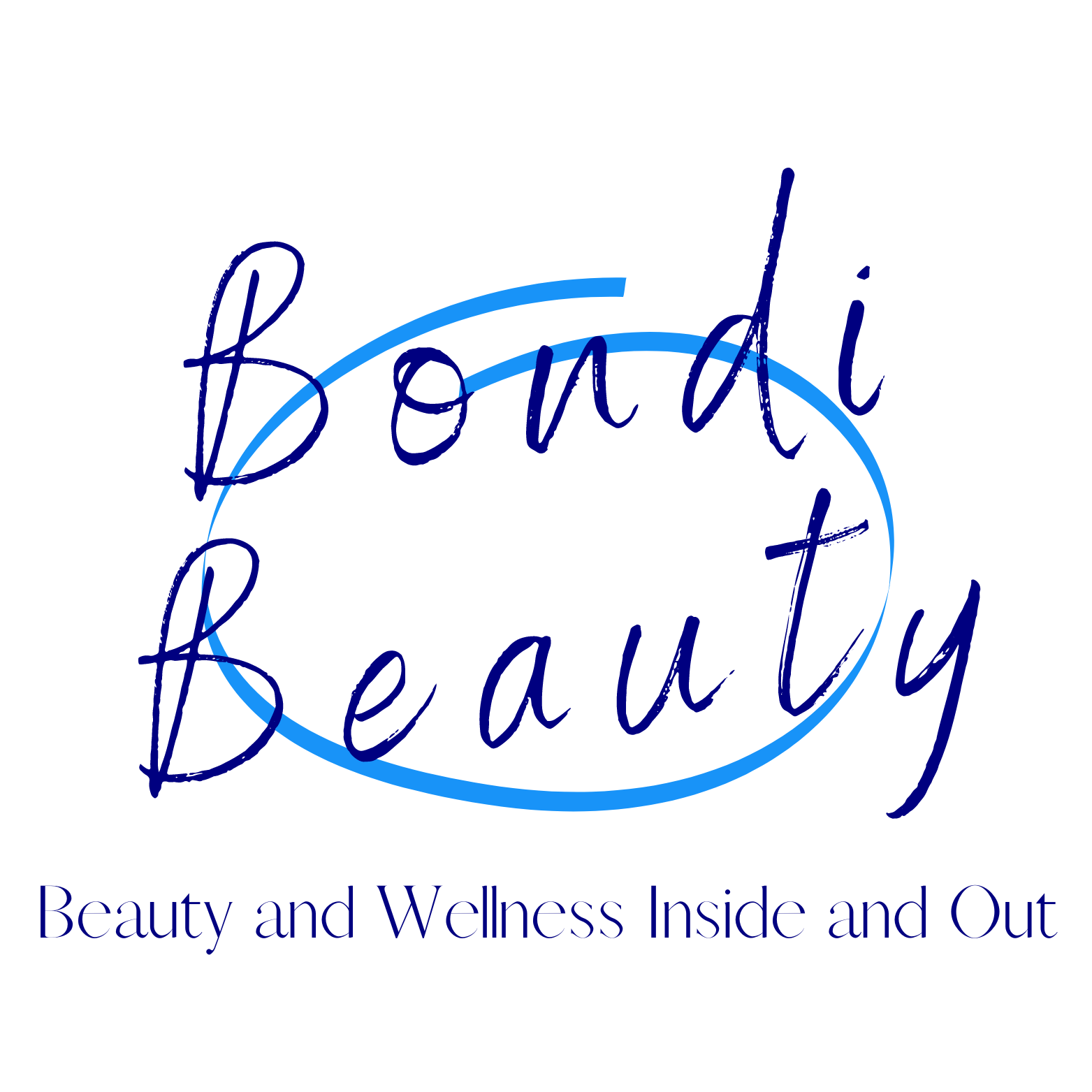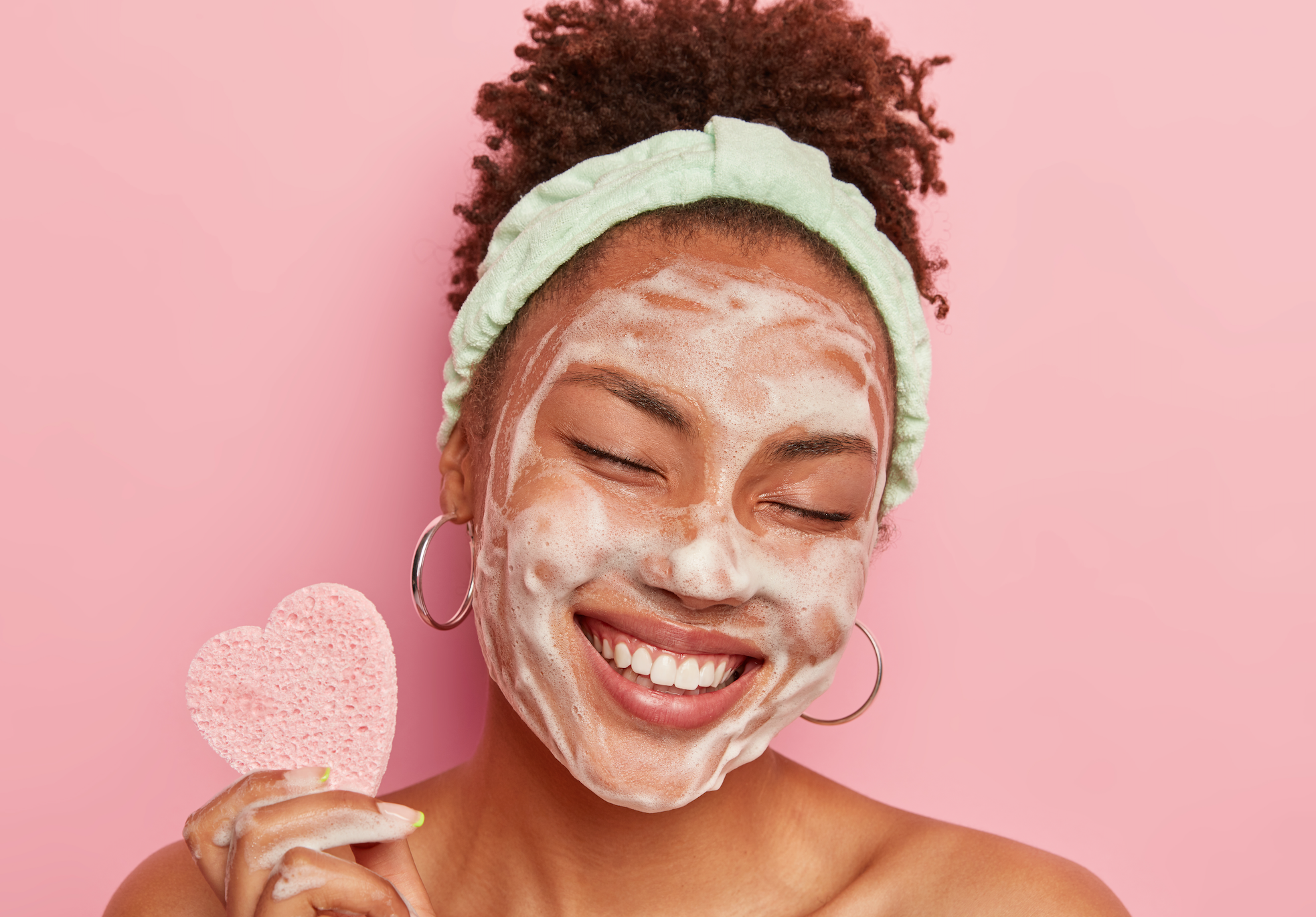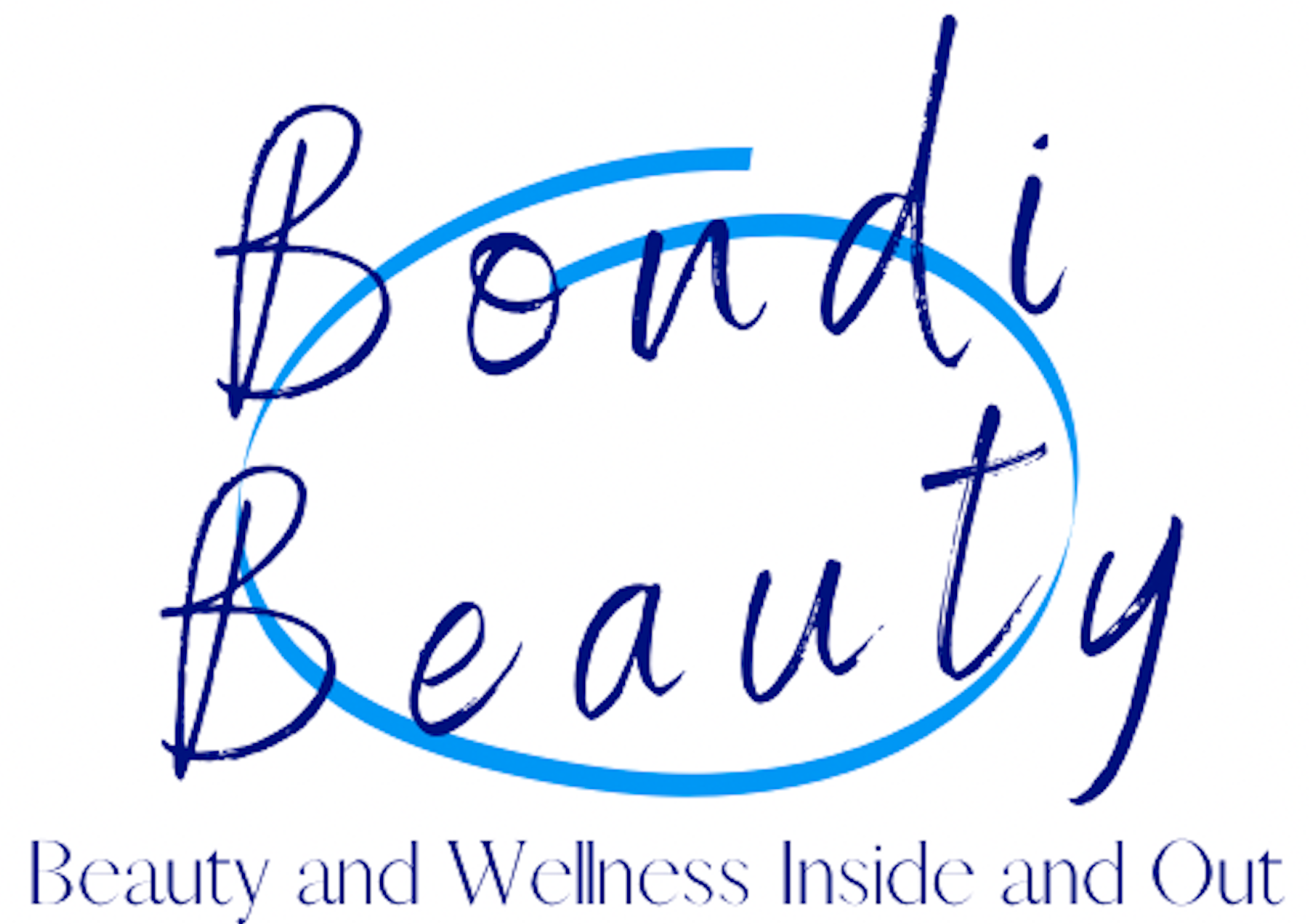Greenwashing is a term that has been around for a while however consumers are only now just becoming more aware of it.
As many people might know, the basic premise of Greenwashing is where brands market their products make unclear, unsubstantiated or misleading claims that encourage people to buy their products. Also called ‘green sheen’, greenwashing is a form of spin that promotes the perception that an organisation’s products, aims and policies are favourable.
Biologi founder and Cosmetic Chemist Ross Macdougald chats about what exactly Greenwashing and how to identify which brands are doing it to you.
Just as consumers are becoming more aware of greenwashing in many industries, brands and their marketing departments are upping their game. These clever tactics often mask what is really going on and can be confusing and misleading to consumers.
Brands are strategically choosing words on labelling based purely on marketability, rather than true fact. In a world where ‘organic’ and ’natural’ has become the industry’s gold standard, brands are finding ways to align their products to these standards, regardless of truth.
A great example of this is the term ‘naturally derived’, which in essence refers to ingredients that are derived from nature but the process means that it is then delivered in an unnatural form (so it sounds natural but may be laden in chemicals). The phrase basically implies that components once came from nature, but they have been altered in some way, usually delivering a chemically laden form of the original ingredient.
Another great example is the term ‘natural’ which whilst sounds amazing, usually only means a small percentage of a product’s ingredients are plant based. Or, can mean what was originally a natural ingredient has now gone through a production process to result in a less than natural product. Unfortunately, the industry is largely unregulated so there are many grey areas when it comes to a products labelling.
Another example that falls under the banner of greenwashing is the term ‘Dermatologist Approved’. Sounds great in theory that a professional recommends a product, right? The unfortunate truth is that often these dermatologists have been paid a fee to promote the product.
This means that there’s usually little, if any, standardised testing gone into the product to deem that it actually works, or worse, if it is harmful to the skin. This form of greenwashing lets consumers put trust in the professional and therefore assume that what they’re buying is a great product. This is a deceptive form of marketing and when it occurs is extremely unfair to the consumer.
There is also the labelling that refers to ‘environmentally friendly’ or ‘eco-friendly’ packaging which can often be based on misconceptions. As an example, a cardboard box around a skincare or makeup product that is labelled ‘recyclable’. Most would assume the product is recyclable, right? Well, unfortunately, brands don’t need to elaborate on the details.
However, the context of the claim does not make clear whether it refers to just the cardboard box packaging, or the actual product (thus making the claim confusing). Chances are the actual product itself isn’t recyclable, only the box it came in.
Product labelling that is confusing and deceptive can often appear several times on a product. Another example is the term ‘Toxic Chemicals’. Many natural brands make a lot of noise regarding the toxic chemicals that aren’t contained in their products. You will often see labels that state NO parabens, NO petrochemicals, NO phthalates, NO sulphates etc.
Whilst it is great that the product doesn’t contain these chemicals, it is also a tactic used by brands to shift focus. By doing this, your attention is on what isn’t in the product, not what is. A lot of the time these same products contain other ‘toxic chemicals’ or substitutes which are either as bad or even worse than the ones that they claim they don’t contain. An example of this is when brands will replace a fragrance with essential oils.
Essential oils can also have the potential to be sensitising to the skin, often more so than the fragrance. But by labelling that it contains essential oils, the brand is able to claim the ‘natural’ high ground. To understand this better, it’s like adding chlorine or arsenic to your product and saying they are good for us because they are natural. Clearly, they’re not!
The best thing to do when making a purchase is to do your research. If a brand is making claims, look into the ingredients on the back of the product and figure out what it really means.
Google can be your best friend when it comes to product labelling! Another way to find out what is really going on is to ask the brand directly. Most reputable brands will happily be transparent in their processes and ingredients and you’ll know pretty quickly if they have something to hide. Another great trick is looking at the list of ingredients and if it’s long, chances are it isn’t natural!
For a completely natural solution to skincare, check out Biologi’s range of single ingredient serums and oils which contain no hidden nasties or synthetic ingredients.



